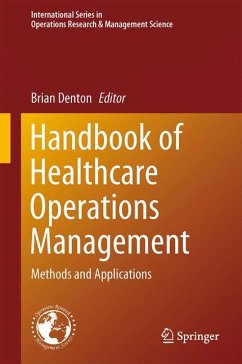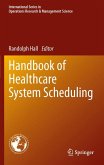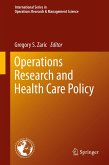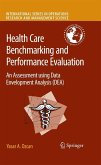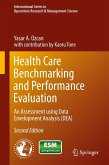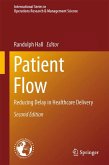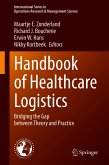Collectively, the chapters in this book address application domains including inpatient and outpatient services, public health networks, supply chain management, and resource constrained settings in developing countries. Many of the chapters provide specific examples or case studies illustrating the applications of operations research methods across the globe, including Africa, Australia, Belgium, Canada, the United Kingdom, and the United States.
Chapters 1-4 review operations research methods that are most commonly applied to health care operations management including: queuing, simulation, and mathematical programming. Chapters 5-7 address challenges related to inpatient services in hospitals such as surgery, intensive care units, and hospital wards. Chapters 8-10 cover outpatient services, the fastest growing part of many health systems, and describe operations research models for primary and specialty care services, and how to plan for patient no-shows. Chapters 12 - 16 cover topics related to the broader integration of health services in the context of public health, including optimizing the location of emergency vehicles, planning for mass vaccination events, and the coordination among different parts of a health system. Chapters 17-18 address supply chain management within hospitals, with a focus on pharmaceutical supply management, and the challenges of managing inventory for nursing units. Finally, Chapters 19-20 provide examples of important and emerging research in the realm of humanitarian logistics.
Dieser Download kann aus rechtlichen Gründen nur mit Rechnungsadresse in A, B, BG, CY, CZ, D, DK, EW, E, FIN, F, GR, HR, H, IRL, I, LT, L, LR, M, NL, PL, P, R, S, SLO, SK ausgeliefert werden.
"The book offers insights for researchers and practitioners from diverse disciplines, including engineering, public health, business, and clinical disciplines such as medicine, pharmacy, and nursing. Furthermore, healthcare financial professionals should find many chapters useful in their work to improve organizational outcomes. ... This handbook provides a high-quality survey of the literature in operations management and research in healthcare. ... Finally, it is an important reference to include in libraries at institutions with courses on operational efficiency and supply chain management." (Patrick Albert Palmieri, Doody's Book Reviews, January, 2014)

